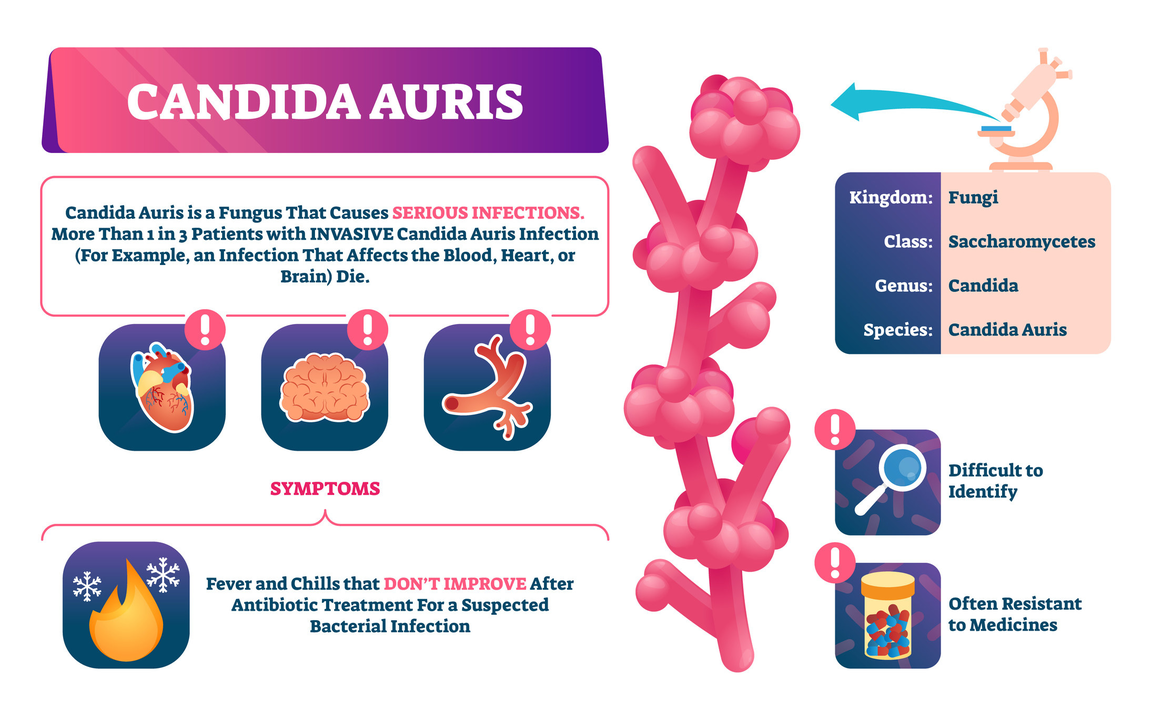Stress Relief: Simple Steps You Can Start Today
If stress feels like a constant background noise, you’re not alone. Most of us juggle work, family, and endless to‑do lists that keep our nerves on edge. The good news? Small changes can make a big difference. Below are easy habits you can add right now without needing a guru or expensive program.
Quick Daily Hacks to Cut Stress
First up, breathe. It sounds basic, but deep breathing activates the body’s relaxation response in seconds. Try this: inhale through your nose for four counts, hold for four, then exhale slowly for six. Do it three times before a meeting or when you notice tension building.
Next, move your body. Even a five‑minute walk around the block resets your nervous system and clears mental fog. If you’re stuck at a desk, stand up, stretch your arms overhead, and roll your shoulders back. Those micro‑movements keep blood flowing and lower cortisol levels.
Finally, limit caffeine after lunch. Caffeine spikes adrenaline, making it harder to unwind later. Swap that afternoon coffee for herbal tea or just water with a slice of lemon. You’ll notice calmer evenings and better sleep without sacrificing focus during the day.
Long‑Term Strategies for a Calm Life
For lasting change, build routines that protect you from chronic stress. Schedule “worry time” – a 15‑minute slot each evening where you write down concerns, then close the notebook and shift focus to something enjoyable. This trains your brain to compartmentalize stress instead of letting it seep into everything.
Another powerful tool is gratitude journaling. Jot three things you’re thankful for every morning. It rewires your mindset toward positivity, making stressful situations feel less overwhelming. Pair this with a regular sleep schedule; aim for 7‑8 hours and keep the bedroom dark and cool.
Lastly, consider your digital habits. Constant notifications keep our brains in fight‑or‑flight mode. Turn off non‑essential alerts, set specific times to check email, and create a tech‑free zone an hour before bed. You’ll sleep deeper and wake up more refreshed, ready to handle the day’s challenges.
Stress isn’t going away overnight, but these practical steps give you control. Start with one habit today—maybe that breathing exercise—and watch how quickly things begin to feel lighter. Keep adding small tweaks, and soon you’ll have a toolbox of stress‑busting techniques that fit your lifestyle.
- Archer Pennington
- 7
The Role of Stress in the Development of Fungal Infections
As a blogger, I've recently come across some fascinating information about the role stress plays in the development of fungal infections. From my research, I learned that stress can weaken our immune system, making us more susceptible to these infections. Additionally, stress can cause imbalances in our body's natural flora, allowing fungi to thrive. It's crucial for us to manage our stress levels to maintain our overall health and prevent the growth of harmful fungi. In summary, managing stress is essential not only for our mental well-being but also for preventing fungal infections and maintaining a healthy body.
Read more
